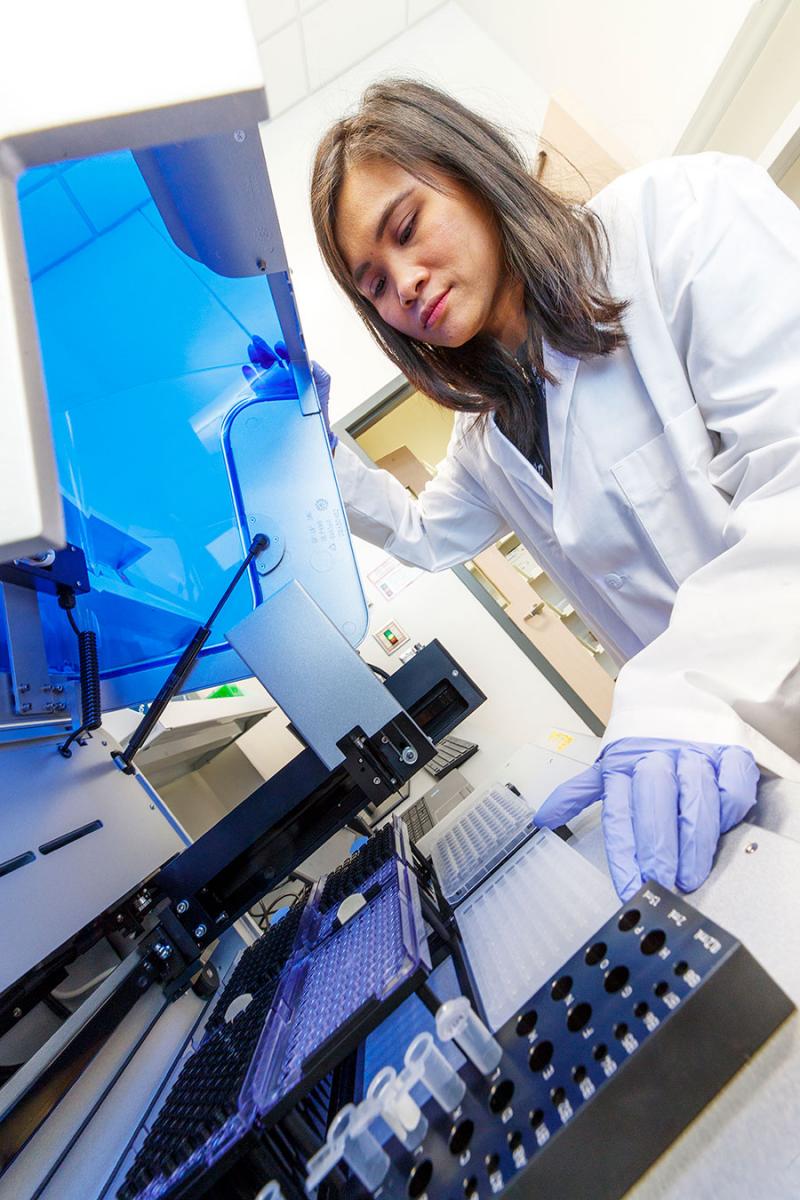Veterinary Labs: Essential for Monitoring Pet Health
Veterinary Labs: Essential for Monitoring Pet Health
Blog Article
Pets are family, and caring for their needs starts with health checks. Veterinary laboratories are invaluable resources in preventing diseases for dogs, cats, and other pets.
Throughout this resource, we’ll examine the value of lab tests for animals and explain the testing process.
Understanding Pet Diagnostic Centers
Animal health testing facilities focus on testing for identifying medical conditions. They help veterinarians to make accurate diagnoses.

Steps in veterinary testing usually includes:
- Preparing samples for testing: Specimens from pets are prepared for analysis.
- Sample examination: Specialized tools and methods deliver diagnostic insights.
- Providing actionable data: Vets review the reports for better care.
Common Veterinary Tests for Dogs and Cats
Labs provide diverse options for health checks to prevent serious conditions. Popular tests include:
- Complete blood counts (CBC): Detect anemia or chronic conditions.
- Urine diagnostics: Check for diabetes.
- Gut health screenings: Ensure proper nutrient absorption.
- Allergy panels: Address skin issues.
- Advanced imaging tests: Examine internal structures.
Why Diagnostic Exams Are Essential
Consistent lab work supports proactive health management. By addressing concerns promptly, vets can provide better care.

Why diagnostics matter include:
- Better disease management: Vets can tailor treatments.
- Saving on future treatments: Ongoing health is monitored affordably.
- Confidence in care: Feel secure about their health.
laboratorio de analises veterinariaslaboratorio de analises clinicas veterinariaslaboratório veterinário popular
Why Testing Matters for Dogs and Cats
Pet health labs provide the foundation for accurate diagnoses. Through proactive diagnostics, you support their quality of life.
Act now to safeguard your pet’s future and support their wellness every step of the way!
Report this page